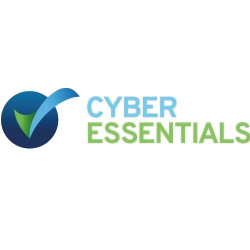Defend.
Secure.
Educate.
Strengthening your digital defences.
CYBERSECURITY
Discover how to protect your business
NETWORK SECURITY + REMOTE MONITORING
The best way to solve a cyber issue is to prevent it from happening.
We focus on quickly detecting and dealing with threats before they become an issue by preventing unauthorised access to your networks and data; detecting and halting breaches and attacks; and providing secure access to authorised users.
CYBER CERTIFICATIONS + POLICIES
Get a robust, compliant cybersecurity foundation.
Cyber policies and cyber certifications are not the same thing, find out why. Together, they create a robust cybersecurity foundation that protects sensitive information and safeguards against cyber threats.
We help organisations with their Cyber Essentials Certification by identifying gaps in your security , and we develop the cyber policies and procedures to overcome these.
IT AUDITS
Invest in stability for long term success.
We carry out IT audits of your IT infrastructure and policies to identify vulnerabilities.
Regular IT audits will enables businesses to fortify cybersecurity defences, enhance operational efficiency, ensure regulatory compliance, mitigate risks, and plan for business continuity.
SUBMIT YOUR DETAILS & ONE OF OUR CYBER SPECIALISTS WILL GIVE YOU A CALL
Let's discuss getting you the right cybersecurity for your business
Contact Us
Thank you for getting in touch with the team at Orbital10.
One of our cybersecurity specialists will be in touch very soon.
Have a great day.
Please try again later
IT & CYBER SPECIALISTS
Leading certifications and expertise
TECH UPDATES, NEWS & FEATURES
The latest from The O Blog
MANAGED SERVICE PROVIDER: IT SUPPORT & CYBERSECURITY
Orbital10
KEEP IN TOUCH
Sign up to receive regular tech updates, tips and offers.
Contact Us
Thank you for signing up for upday=tes from Orbital10. We send a couple of emails a month with the latest IT and Cybersecurity information and news.
Please try again later.

All Rights Reserved | Orbital10 Ltd
























